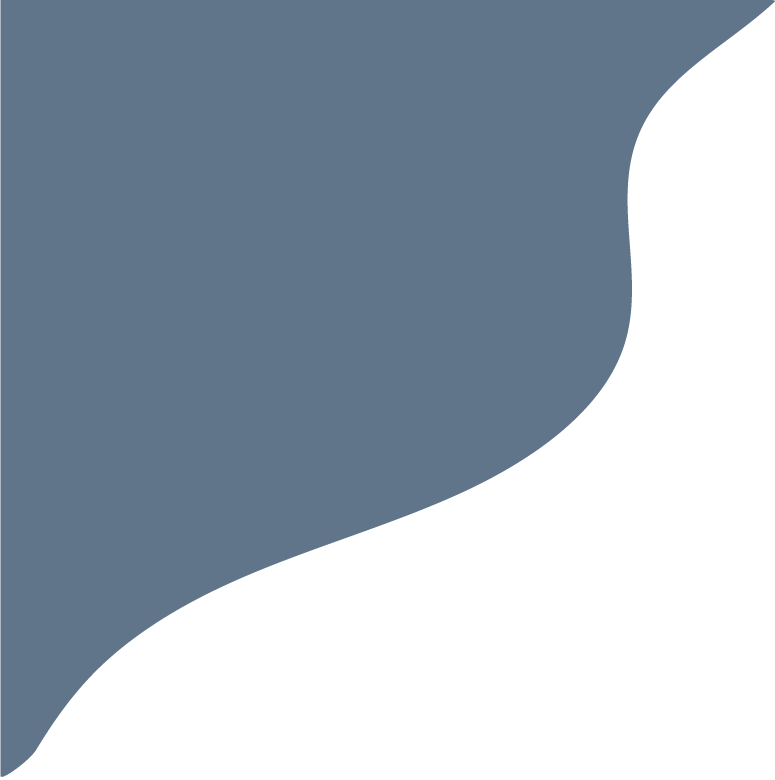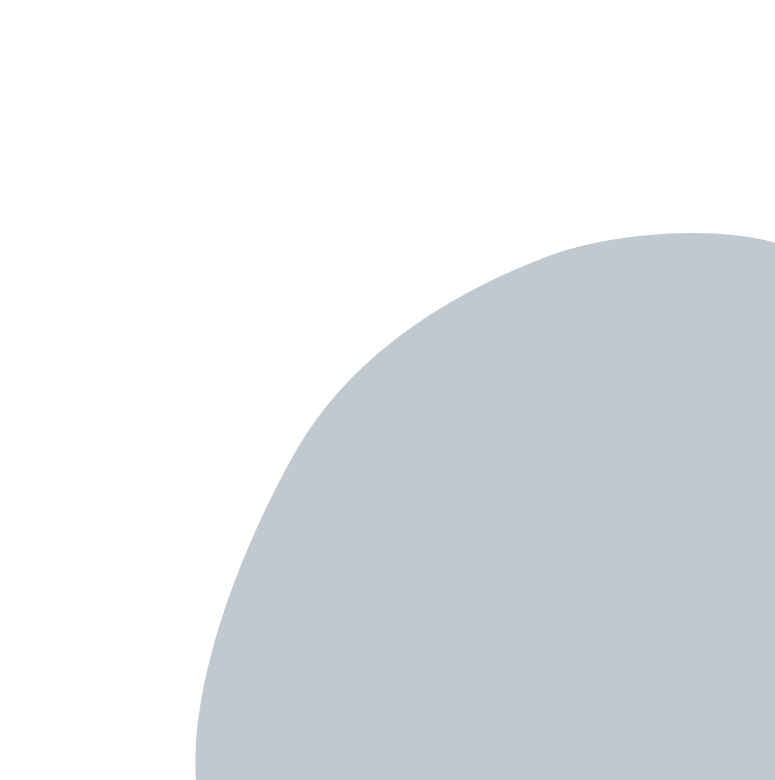
The When You Die Origin Story
By Director Johanna J. Lunn
The When You Die Origin Story
By Director Johanna J. Lunn

"Every step of the way it was like the sun rising on the horizon. The project got bigger and bigger."
I am often asked, “What motived you to make these movies and create the When You Die Project?” I will confess it took me a long while to put it all together. Sometimes we just do things instinctively and then look back and say “Ahhh! That’s why.” This is the case with me. Now, I am grateful to tell you about the events in my life that led to all of this.
On the one hand you can say, it started over ten years ago with the desire to make a documentary about what happens when we die. I knew enough about death to know that it wasn’t just a physical question. I also knew I wanted to interview the people who have spent their careers at the bedside or in researching all things end-of-life. I wanted to learn from hundreds of years of experience. I also didn’t want to take on financial partners who would tell me what “they” thought a documentary about end-of-life should be. I was certain there was a bigger story, I just didn’t fully grasp it yet.
So, unfunded I began my research. I accumulated a lot of information! And wherever my team went for paid work I sought out experts and began collecting in-camera interviews. Nineteen interviews and several years later my business partner, James Hoagland turned to me and said, “Johanna, I think it’s time to edit our movie!”
Every step of the way it was like the sun rising on the horizon. The project got bigger and bigger. My research gave birth to a website, social media channels, a podcast, and it became clear one movie just wasn’t enough. And that’s how the trilogy was born. Death & dying was far richer and nuanced than I could have imagined. It wasn’t just a physical event, although that is magnificent in its own way. That when the time for curing has ended, that the body actually knows how to die. And how we need to learn how to allow this process to take place, rather than fighting with it unintentionally. Death is also emotional AND spiritual, both for the person who is dying and the people who love them. Each of these dimensions is equally rich and nuanced.
I am so grateful I didn’t go an easier route with an uneducated funder’s idea of a death documentary. (No offence intended – a number of those people are my friends.) So, this is how one movie became three.
"However, if I’m honest, this all began when I was 19 and just starting university"
My mother died tragically, followed less than a year later by another shocking death. My boyfriend and I were driving home from school for Thanksgiving. It was raining as we drove the hilly country roads of the Upper Tier of the Catskills. As we were coming up a hill, out of seeming nowhere an old man was crossing the road in front of us. We hit him. My boyfriend, who was driving, went into immediate shock and started yelling. I jumped out of the car and knelt with this person on the wet road as his final earthly breath escaped his body. He was dead.
His daughter was the first one on the scene. She told us he was 93, deaf and riddled with cancer, and that she had almost hit him on several occasions. Her incredible compassion was extraordinary, and I am stilled moved by her kindness, but it did not stem the deep shock and grief that compounded with the loss of my mother.
If these two horrible deaths were not enough, less than a year after this, while back at school I got a phone call that my closest childhood friend, who was like a sister to me, had died in a car accident. In that instant I dropped the phone and wailed and sobbed for hours. It was all too much. after that, not a single part of my old world remained.
As each of these events unfolded, I became more and more of an outcast. People just didn’t know how to relate to me and many just wished I’d “just get over it.” I was ignored. I was lost. I was both a recluse and shunned. I might just as well have had leprosy.
Remarkably, I graduated. And as the fates would have it, the first job I got was as a researcher for a potential PBS documentary on death & dying in the context of society.
I spent time at the bedside of the dying. I interviewed pioneers who were integral to raising awareness about death & dying, and shepherds of the early hospice movement. Every step of the research was healing for me. The more I learned, the more my own losses took on the shape of shared human experiences. Through that, I was becoming whole again.
PBS was impressed with the proposal, but said it was still way too taboo. It never got made. So, the When You Die trilogy really has its roots here as I was just starting out in the world as a young adult. I am living proof that death education can prevent unnecessary trauma AND help to heal it. I believe it is essential to better end of life care, and that it is essential to being truly human.
Our films are a gentle on ramp to stimulate conversations around death. They are being used by hospices, universities, death doulas and a wide variety of community groups in generative and caring ways to explore the physical, emotional and spiritual dimensions of end of life. I have heard over and over again that watching these films reduces anxiety and fear around death, and that people feel peaceful watching them. As the director, this feedback makes me feel so proud and grateful to the many people who helped in their creation and for those who are promoting them. If you are interested in using them for your group or school, I invite you to contact us at info@WhenYouDie.org


